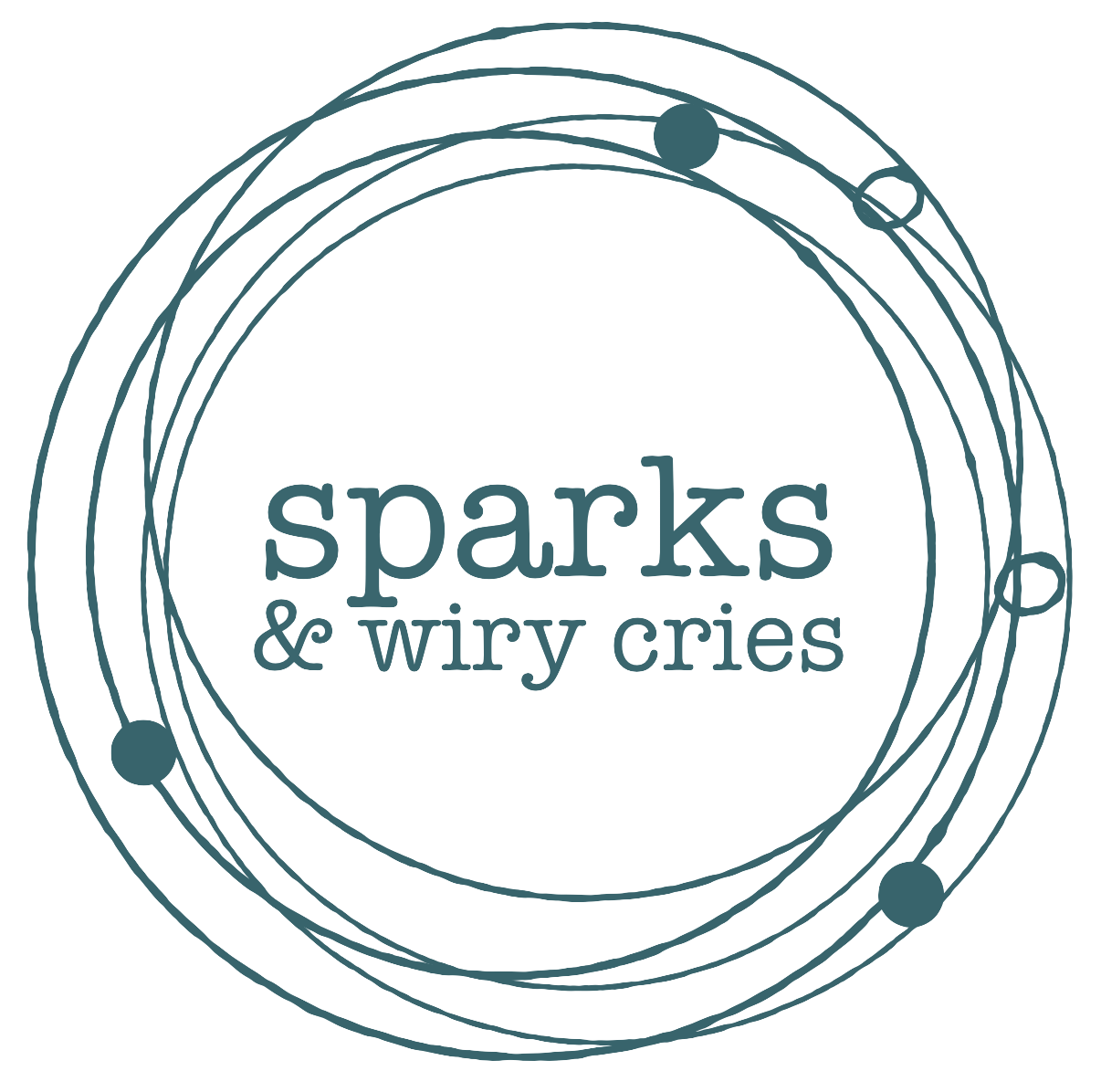JOCELYN DUECK language in song; song in language
In this age of instant information, answers to questions seem immediate. It is not uncommon for me, when I am faced with the occasional memory lapse during class, to hear a student say, ‘Just a minute’, whip out her smart phone, and track down the answer in a matter of seconds. It’s enough to make the most seasoned and secure professor feel antiquated and – well – dumb.
I’m not opposed to well-meaning graduate students checking a fact online once or twice a semester like this, but this experience leaves me with more questions than it answers. What do we lose when we expect solutions to appear at the tap of a screen, or be resolved with a query to ‘Siri’?
For one, relying on quick answers from the Internet reduces the richness of conversation between participants and dulls our sense of sharing a similar quest. As a professor and coach, I’ve noticed that modern students have less patience for the process of learning and more focus on result. Or, to be honest, since year after year both undergraduate- and graduate-level students show a passion for learning and process, maybe what I’m really responding to is a change in myself and my own diminished tolerance for slow and steady work.
I’m constantly lured to Wikipedia for quick answers on composers’ dates and snapshot biographies, or seduced by yet another Emily Ezust translation on the Lied and Song Texts website. That woman is a saint; many of us would be lost without her poetic translations. I haven’t yet reached into the depths of the World Wide Web to score an IPA transcription, neatly coded in word-processed script, for a text by Goethe, but I could, judging from the too-neat, too-perfect transcriptions I see every week in my diction and Lieder classes. These methods yield an only superficial understanding of the poetry and, consequently, the song.
There is a compelling reason to insist on grappling with text, to commit to translating and transcribing each and every word, to memorizing the poem apart from the music. In so doing, the musician becomes an authentic interpreter of a song. Think of it: the nuance and attention to detail we seek as song recitalists, the elegance, the intimacy – all of these things are so easy once we have put in the time preparing the text.
For me, this realization dawned slowly as I prepared songs, one at a time, to coach. And, wouldn’t you know, the primary method I used to prepare was a digital one? I started recording the texts of songs I was learning so that I could hear myself say them as I walked, or listen to them on the subway. I first recorded them in their original language, and then in English. Sometimes I recorded the two languages one after the other, in phrases. Finally, I recorded the entire poem as a native speaker might inflect it.
Prior to this, I translated and transcribed the text in a visual document so that the auditory delivery was smoother. After some days steeped in the text in this way, I was ready to sing it.
Here, a new level of awareness emerged. It was immediately easier to comprehend the composer’s relationship to the poetry. I found the process to be incredibly emotional; first, the naked relationship to the text was often moving, or exciting. Second, the twists and turns the melody and harmony took in order to accommodate the words, or challenge them, were surprising, deeply satisfying, and sometimes even distasteful.
I think many musicians long to be original in their performances of works both new and old. It is tempting to layer originality on top of score study as if it is an accessory. Sometimes we want to learn the music perfectly, and then push a button to insert the ‘pizzazz’. Yet when we seek out the “why” in the score, in deference to the composer, an opinion naturally emerges. When we are curious about why or how the composer treats the text within the music, we find answers to our questions. The more genuine the quest, the more delighted our performance.
What’s more, the process of discovering the text through the music, and the music through the text, never ends. We have the privilege of investigating their bond every time we come to the music, whether in rehearsal or on the stage. Time spent examining the connection between language and the song yields more results than the push of a button ever could.
Dr. Jocelyn Dueck is a pianist/coach in New York City and a professor at Mannes College. This summer she launches a brand-new school, The Center for Language in Song, at the DiMenna Center in Manhattan.
Editors note: Dr. Dueck is joined by faculty members, Baritone Jesse Blumberg and Mezzo Soprano Liza Forrester at The Center for Language in Song. A summer intensive course is now being offered for students high school age and above, and more information on the Center, including links to Artist/Professor bios and a dedicated website will be posted as developments occur. For more information on this important new facility in Manhattan, please visit the facebook page here:
www.facebook.com/TheCenterForLanguageInSong.






